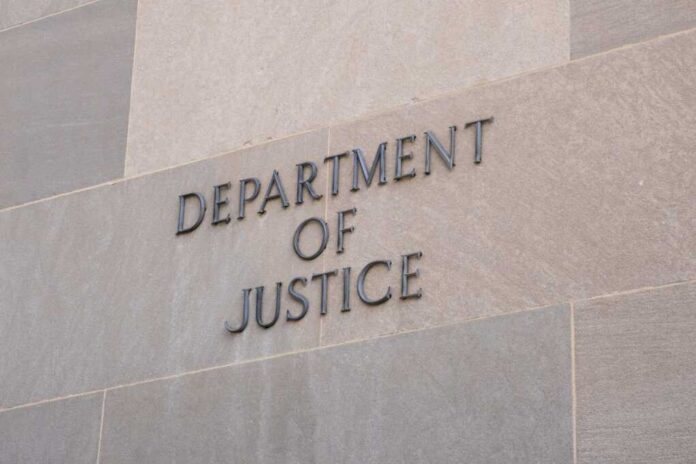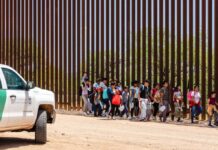
Special counsel Jack Smith filed a new motion against former President Donald Trump’s legal team, challenging the assertion that he is immune from prosecution. The action could have not only large implications for the current case but also a significant precedent for the future.
Smith filed a new motion in the U.S. Court of Appeals for the District of Columbia following Trump’s assertion that he is immune to prosecution for his actions while serving as president.
The U.S. Supreme Court declined to take up the question in an initial victory for the Trump legal team. Smith wrote that such immunity “would be particularly dangerous where, as here, the former President is alleged to have engaged in criminal conduct aimed at overturning the results of [an] election.”
“A President who unlawfully seeks to retain power through criminal means unchecked by potential criminal prosecution could jeopardize both the Presidency itself and the very foundations of our democratic system of governance,” he said.
The special counsel accused Trump of making false claims about the 2020 election. He called the effort “imperative public importance of a prompt resolution of this case,” seeking a decision within the next five days.
Jack Smith has filed his reply brief with DC appellate court to oppose Trump's appeal of Judge Chutkan's order denying presidential immunity in J6 case.
PS Jack: You are the threat. pic.twitter.com/yMLsyK3TJ9
— Julie Kelly 🇺🇸 (@julie_kelly2) December 30, 2023
The former president’s legal team wrote in its filing before the Supreme Court that that the current question included “momentous, historic questions.”
They wrote that an “erroneous denial of a claim of presidential immunity from criminal prosecution unquestionably warrants this Court’s review.”
Trump’s attorneys requested that the Supreme Court allow for lower courts to complete a review of the case and that every “jurisdictional and prudential consideration calls for this Court to allow the appeal to proceed first in the D.C. Court.”
The case may ultimately come back to the Supreme Court in time, although it is not yet clear what the appeals court may decide. The ultimate decision could be vital to the future of the case, as well as the future of potential prosecution of future presidents.














